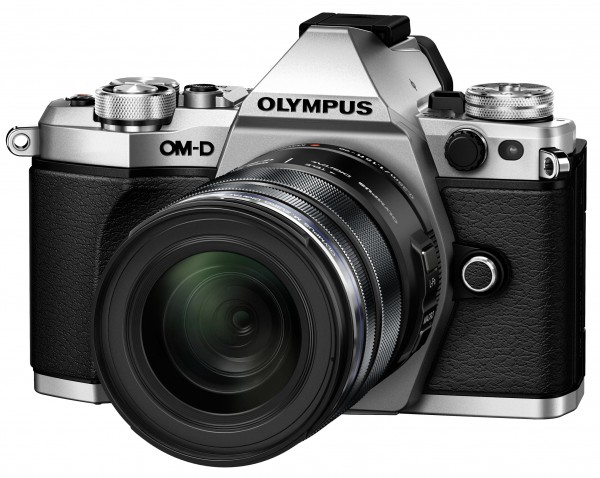Among a season of good cameras last year from Sony, Samsung and Fujifilm was Olympus’ OM-D E-M5 Mark II. This is one micro four-thirds mirrorless camera can shoot images at a resolution of up to 40 megapixels.
And unlike the updated models from rivals, Olympus took its original E-M5 and redesigned it completely. On the top plate now, you get a new lock for whatever mode you are shooting in.
It is a switchable lock so those prefer to change settings quickly won’t feel hindered while those who want to be a bit more careful can lock the dial during transit.
The new Mark II camera also has more custom functions and shortcut buttons that make it feel like a professional camera, rather than just one for the enthusiast.

The improvements are not only skin deep. The E-M5 Mark II has 81 auto-focusing points, up from the previous 35. It also boasts a new five-axis sensor-shift image stabilisation system, as well a new Hi Res Mode.
When I tried it out, the camera generally performed well in most circumstances, at least those that I think a typical shooter would be used in. The focusing snaps to attention and the colour reproduction is very punchy.



Speaking of Hi Res Mode, Olympus has an out-of-the-box answer to the super high pixel counts from digital SLR rivals such as the Nikon D810’s 36 megapixels and the upcoming Canon 5DS’ whopping 50 megapixels.
It has managed to use its 16-megapixel sensor and to produce eight slightly different shots of a scene and combine them into a single image. The good news is that the Hi Res Mode works. Bad news is, the subject and camera have to be absolutely still.
The RAW processing for the high resolution images takes a toll on both the camera and computer. For the camera, you can expect battery power to be used up faster, which was the case when I tested the Hi Res mode recently.
For every shot, it requires about half a minute for the picture to be taken and saved into the memory card. That’s not counting the time to set up the tripod to ensure the camera doesn’t move too.
To convert the RAW file, I have to download a plug-in for Photoshop and import it into the program. This may be a bit too troublesome for many users.




One area I think Olympus still needs to improve is the size of the E-M5 Mark II. Although the trend is towards smaller, lighter cameras, making on that is too small does affect its stability while shooting.
There are times I feel the E-M5 Mark II does not allow me to have a good grip. I actually used it along with a wrist strap, worried that I’d drop it.
For those who have big hands or appreciate having a more secure grip, having the external grip will cause the camera to be taller by an inch but it will greatly enhance stability while taking photos. If you are using the Hi Res mode, do consider getting the battery pack as well.
The E-M5 Mark II costs S$1,398 for the body alone. With a 14-150mm kit lens included, the price is bumped up to S$1,998. Unfortunately, that’s getting close to the arena of digital SLRs, which can go for under S$1,500 today.
And the new Olympus offering may also be a bit too expensive of an upgrade for existing E-M5 users. Sure, the Hi Res mode is a unique feature for such a small-sensor camera, but it has some serious practical issues.
You won’t need all the megapixel count unless you are printing big. And you can only use it if the camera and subject both keep still.







